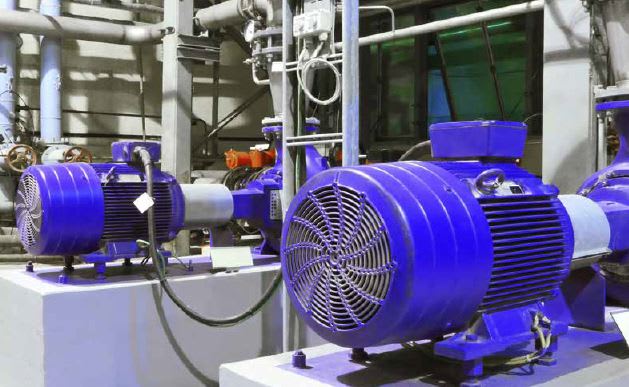saxgod91
Automotive
- Jan 18, 2012
- 8
Hi Guys,
Im trying to come up with a concept by which we way be able to improve engine efficiency to facilitate early rollout of hydrogen fuel.
Ive conducted a load of work on SI Hydrogen/air engines, and would like to explore the potential of using the products of electrolysis (hydrogen and oxygen) in different ways in order to improve engine efficiency and BSFC.
i'm trying to get to the bottom of using pure oxygen with, at this stage, any fuel (gasoline, hydrogen or CNG) as oxidiser. Notwithstanding the increased adiabatic flame temperature (3000 degrees C +), and assuming the materials within the engine can cater for these elevated temperatures, i assume the effect on efficiency would be quite startling. Is this due to the increased temps, more instantaneous burn (constant volume pressure increase), or lack of latent Nitrogen/Co2 normally found in air?
Now given the improved efficiency, we have some limitations, mechanically, other than the temperature. Would the increased oxygen content lead to higher cylinder pressure and faster burn? Or is the flame speed more down to stoichiometry?
Apologise for these musings, but im just playing with the idea of building an engine which has significantly adjusted geometry (CR, Valve Timing, materials, etc) in order to counter the issues that may exist with oxy-fuelled engines. For instance, if using hydrogen, an oxy-hydrogen engine could be operated at ultra lean equivalence to counter the peak cylinder pressure and ignition energy issues.
Any thoughts?
Regards
Steve
Im trying to come up with a concept by which we way be able to improve engine efficiency to facilitate early rollout of hydrogen fuel.
Ive conducted a load of work on SI Hydrogen/air engines, and would like to explore the potential of using the products of electrolysis (hydrogen and oxygen) in different ways in order to improve engine efficiency and BSFC.
i'm trying to get to the bottom of using pure oxygen with, at this stage, any fuel (gasoline, hydrogen or CNG) as oxidiser. Notwithstanding the increased adiabatic flame temperature (3000 degrees C +), and assuming the materials within the engine can cater for these elevated temperatures, i assume the effect on efficiency would be quite startling. Is this due to the increased temps, more instantaneous burn (constant volume pressure increase), or lack of latent Nitrogen/Co2 normally found in air?
Now given the improved efficiency, we have some limitations, mechanically, other than the temperature. Would the increased oxygen content lead to higher cylinder pressure and faster burn? Or is the flame speed more down to stoichiometry?
Apologise for these musings, but im just playing with the idea of building an engine which has significantly adjusted geometry (CR, Valve Timing, materials, etc) in order to counter the issues that may exist with oxy-fuelled engines. For instance, if using hydrogen, an oxy-hydrogen engine could be operated at ultra lean equivalence to counter the peak cylinder pressure and ignition energy issues.
Any thoughts?
Regards
Steve




